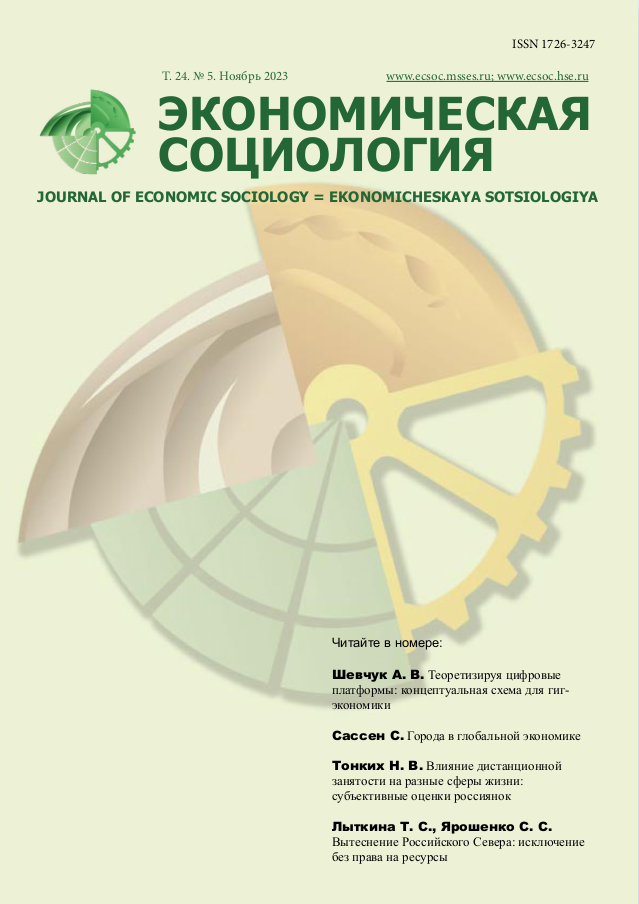Are We Being Rational? Economics Perspectives on Sacred Natural Sites Commodification
Abstract
Socio-economic and cultural changes due to massive tourism development have presented a new paradigm for the existence and the decision to use water. This study explores the embeddedness and expectation of actors depicted in the socio-economic dynamics of economic development and management choices for Bali’s Sacred Natural Sites (SNS) commodification. This study employs a qualitative approach with a case study design. From the findings, social networking can be classified into relational and structural embeddedness. The commodification of specific locations in rural areas is strongly related to spiritual values assigned to traditional sacred sites, associated with a specific religious tenet, belief, or place of worship in rural areas. Furthermore, the commercialization of holy water resources can be seen as a decision-making process, driven as it is by the anticipation of future economic benefits such as higher profits or the creation of jobs, as well as future cultural and social benefits such as the wish to advance tourism or protect cultural assets. Belief in the future value of economic benefit is constituted through the narratives actors use to make sense of a monetary situation and the everyday experience of using money. There may also be concerns about the environmental effects of commodification and ownership of it. Based on these results, future research must abandon static models that try to explain social order stability or social stratification reproduction. Although the past cannot predict decisions, past experiences affect actors’ capacity. Projective thinking is essential for generating viable options and choosing a course of action.













